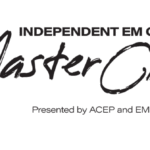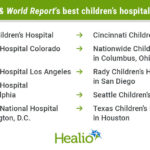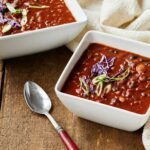Actually, it is. No sooner had FDA flagged its intent to maybe eventually hammer out a federal definition of ultra-processed foods than California leapfrogged ahead with the Real Food, Healthy Kids Act (a/k/a AB 1264). The Act had strong bipartisan support, so it was no surprise when Governor Newsom signed it into law yesterday. Among other things, the Act will eliminate from the state’s schools “ultra-processed foods of concern” and “restricted school foods.” So what are those?
The answer will be determined by the California State Department of Public Health, but the Act provides a partial answer by defining “ultra-processed foods” (or “UPFs”) as any food or beverage that contains:
- a substance listed in FDA’s Substances Added to Food database that has any of several technical effects (e.g., stabilizers, propellants, colors, emulsifiers, flavoring agents, and flavor enhancers), with certain exceptions; and
- (a) high amounts of saturated fat, sodium, or added sugar, as defined in the Act; or (b) a nonnutritive sweetener or certain other sweeteners.
There are exemptions to the definition of UPFs, including for raw agricultural commodities, certain minimally processed prepared foods, Class 1 milk, and infant formula (if exempted by the Department by regulation).
In deciding which UPFs are “of concern” and defining “restricted school foods,” the Department must consider several factors, including whether:
- “the food has been modified to be high in saturated fat, added sugar, or salt”;
- Other jurisdictions require a warning label “due to concerns about adverse health consequences”;
- a substance or group of substances is: a. banned in other jurisdictions “due to concerns about adverse health consequences” or is linked to such consequences “based on reputable peer-reviewed scientific evidence”; or b. “may be hyperpalatable, or may contribute to food addiction.”
Once the target foods have been defined, schools will have to start phasing them out by July 1, 2029, such that vendors will be prohibited from offering them by July 1, 2032.
Separately, starting on February 1, 2028, vendors will have to submit annual reports on the total quantity of foods sold to schools and whether they qualify as UPFs, UPFs of concern, or restricted school foods. The Department will in turn submit annual reports to the legislature that include a strategy for reducing consumption of such foods, and recommendations for legislative actions to reduce consumption of restricted school foods and UPFs of concern.
Now for the most interesting question: which state will jump into the pool next?










